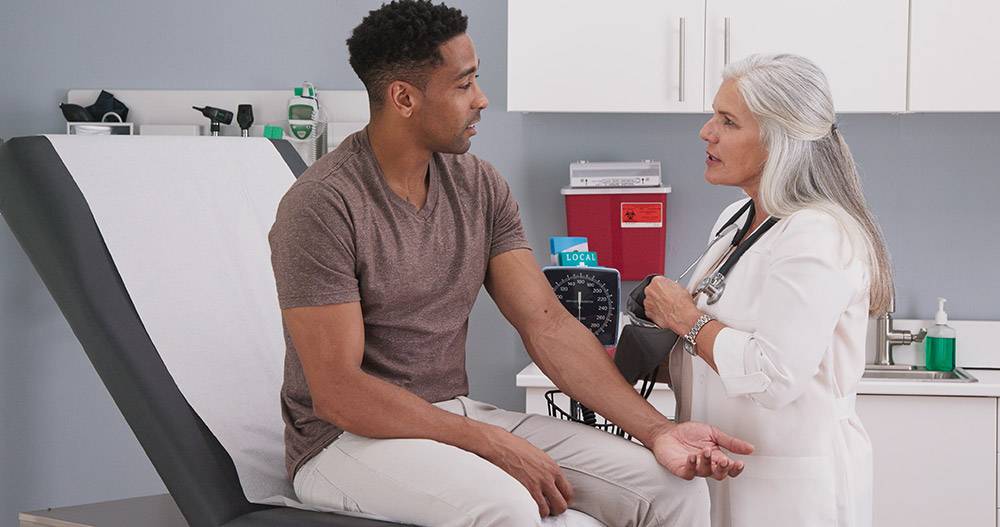Men’s Health

prostate cancer
Prostate cancer develops when abnormal cells in the prostate gland in an uncontrolled way, forming a malignant tumour.
Prostate cancer is the second most common cancer diagnosed in men in Australia and the third most common cause of cancer death. One in 6 men will be diagnosed with prostate cancer by the age of 85. It is more common in older men, with over 63% of cases diagnosed in men over 65 years of age.
Early (localised) prostate cancer refers to cancer cells that have grown but do not appear to have spread beyond the prostate.
There are two stages of advanced prostate cancer:
- Locally advanced prostate cancer where the cancer has spread outside the prostate to nearby parts of the body or glands close to the prostate
- Metastatic prostate cancer where the cancer has spread to distant parts of the body.
The five year survival rate for prostate cancer is 95%.
If your doctor suspects you may have prostate cancer, you may have one or more of the following tests:
A prostate specific antigen (PSA) blood test measures the PSA levels, the proteins made by both normal and cancerous prostate cells. Because PSA levels can be variable, it is common for your doctor to use results from more than one blood test, over time, to help determine your risk of prostate cancer.
Some men with prostate cancer have normal PSA levels, and only one in three men with an elevated PSA level has cancer. As it is not a definitive test, a PSA test is normally used with other tests to diagnose prostate cancer.
There is a lot of confusion around PSA testing. Click here for more information.
After finding out you have prostate cancer, you may feel shocked, upset, anxious or confused. These are normal responses. Talk about your treatment options with your doctor, family and friends. Ask questions and seek as much information as you need. It is up to you as to how involved you want to be in making decisions about your treatment.
Learn more about best prostate cancer care:
Read more
Your guide to best prostate cancer care
Your guide to best cancer care offers cancer specific guides describing the high-quality care you should expect at every stage of your treatment and beyond.
Read more
From <https://www.cancer.org.au/cancer-information/types-of-cancer/prostate-cancer>
It is not possible for a doctor to predict the exact course of a disease, as it will depend on each person's individual circumstances. However, your doctor may give you a prognosis, the likely outcome of the disease, based on the type of prostate cancer you have, the test results, the rate of tumour growth, as well as your age, fitness and medical history.
Prostate cancer often grows slowly and even more aggressive types tend to grow more slowly than other types of cancer. If diagnosed early, prostate cancer has one of the highest five year survival rates.
